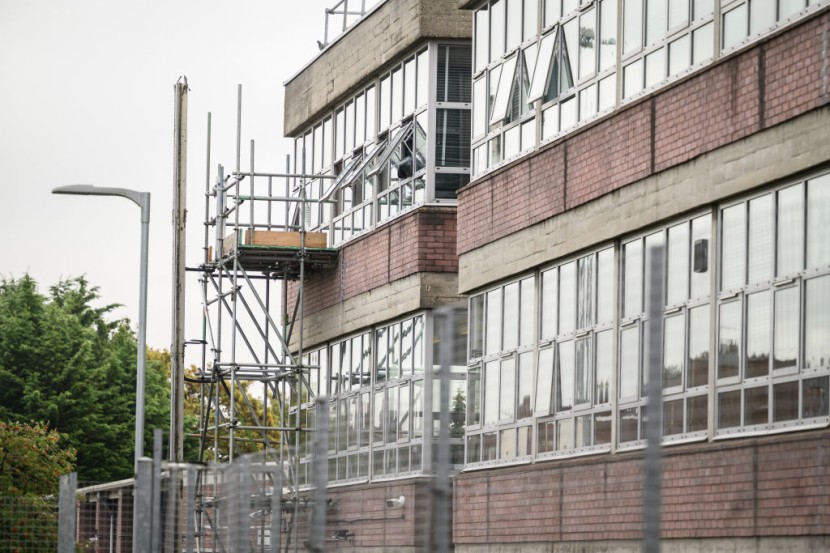The United Kingdom's Education Secretary Gillian Keegan is under pressure to provide measures to cope with deteriorating lightweight concrete in buildings. She has argued that school closures pulling children out of classrooms is not a return to the dark days of school lockdowns.
Education Department Amid Concrete Issue

On Monday, September 4, Keegan will brief Parliament and the public on the strategy to keep parents and the public informed of the concrete issue, according to the UK Department of Education (DfE), as reported by the Independent.
Even in circumstances when remote learning in the form of a pandemic is made essential owing to building restrictions, Keegan said interruption caused by the crisis should last days and not weeks.
After a small number of Reinforced autoclaved aerated concrete (RAAC) failures, the Education Secretary stated on Sunday, September 3, that school closings were inevitable. RAAC is an old, lightweight construction material used until the mid-1990s.
"We all have to make difficult decisions in life and responsible government is about getting them right. That means looking at evidence and acting, even when the trade-offs are significant," Keegan stated. "That's the position I faced when new evidence was presented to me indicating concrete which forms part of certain school buildings was no longer safe."
She also said that a minority of teachers would have to educate students off-campus or online but that the government would pay for makeshift classrooms to keep things as close to normal as possible.
In order to get the government to disclose how severely RAAC is damaging public buildings, the Labour Party intends to call a vote on the issue.
Although the government has promised to provide a list of impacted schools in due course, Labour has announced that it would use a humble address--a parliamentary tool that may be used to demand documents from government departments--to do so, the Independent reported.
School Closures Due to Raac Crisis
Due to the presence of RAAC after the fall of the structure recently, the DfE has instructed more than a hundred schools and institutions to either completely or partly close their facilities. Nick Gibb, minister for education, acknowledged that other schools may be closed.
The Labour Party has called for an urgent audit of the effect on public sector property.
The government said it had been transparent about how many schools were directly threatened. A representative from the DfE said that schools need further time to inform parents and consider their next steps before the list is changed.
The DfE issued recommendations for temporary shelter on Thursday, August 31, including the use of adjacent schools, community centers, or an empty local office building for the first few weeks as structural reinforcements are put up to reduce the danger of collapse.
Remote schooling was recommended as a temporary measure solely for schools to use if all other options had been exhausted.
While it is not proven, it is believed that roughly 24 schools in England have been ordered to shut indefinitely due to the presence of RAAC.








